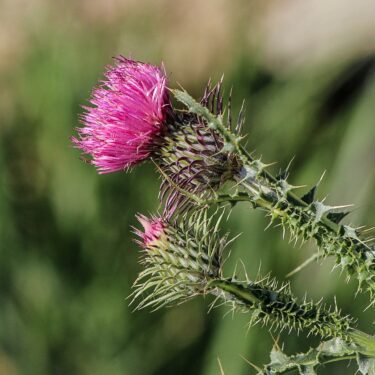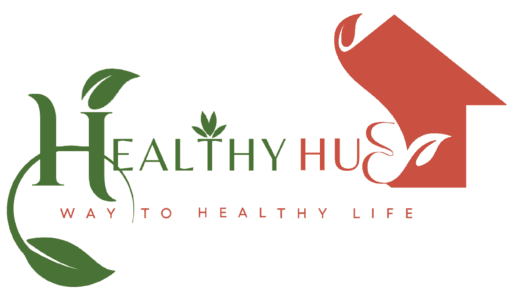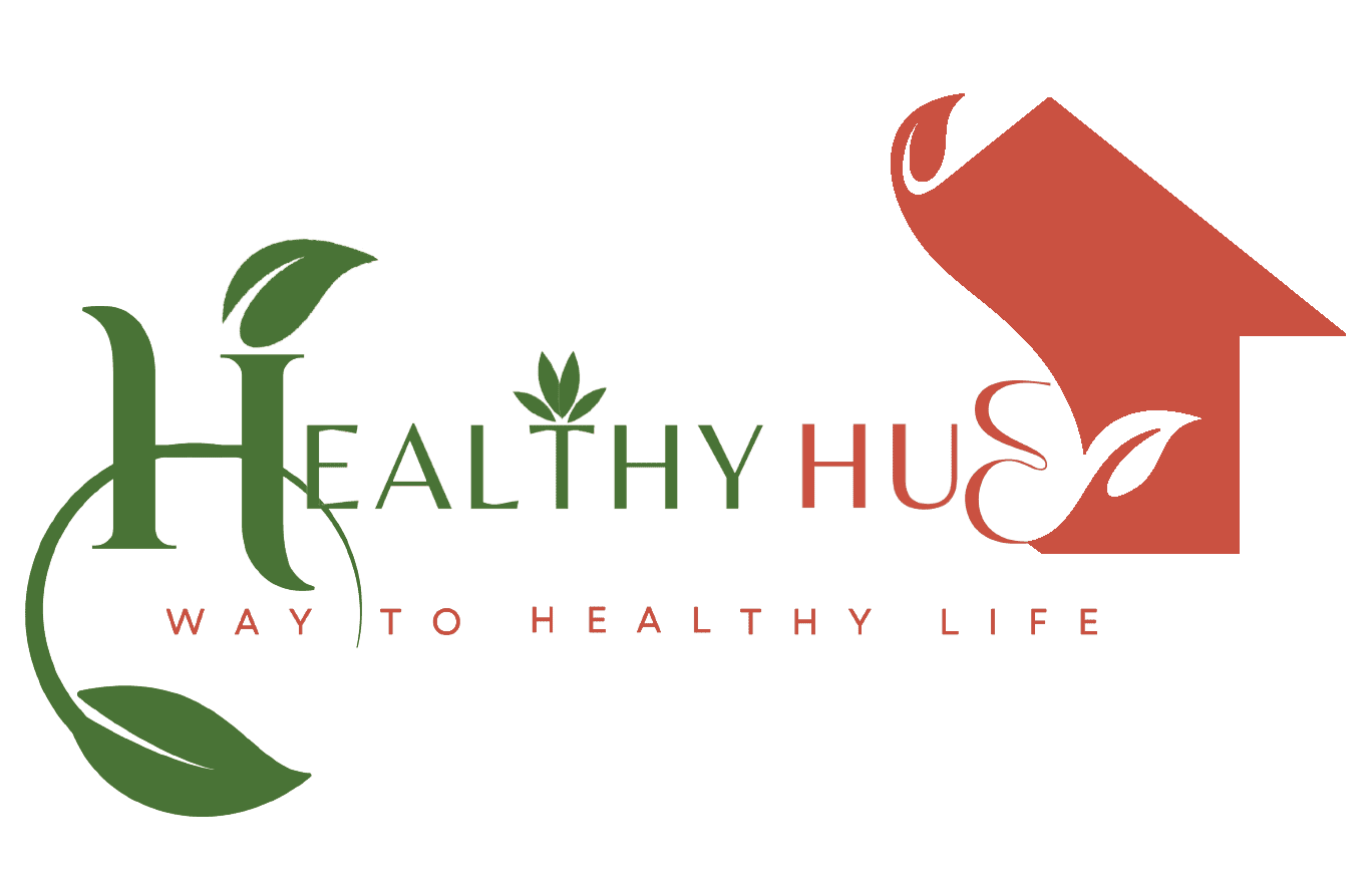Milk thistle seed is mainstream and quite a well-known herb in the herbal industry. Studies have proved that its main constituent, silybin, is very effective to provide liver protection from different toxins and that is the reason that its major use is in different liver problems.
Milk Thistle seed extract is useful for people suffering from some common liver problems which include liver cirrhosis, hepatitis, liver congestion, leaky gut syndrome, and poor digestion of fats. It is also helpful in conditions of portal vein hypertension and poor digestion of proteins.

Along with liver ailment, another major use of Milk Thistle seed extract is Detoxification. Its anti-oxidant constituents are useful for people who are exposed to different toxins either through ingestion or injection. It can also be effective in cases of food poisoning or ingestion of any poisonous substance when used with activated charcoal. But you should remember not to take them at the same time to avoid the binding of Milk Thistle by activated charcoal.





